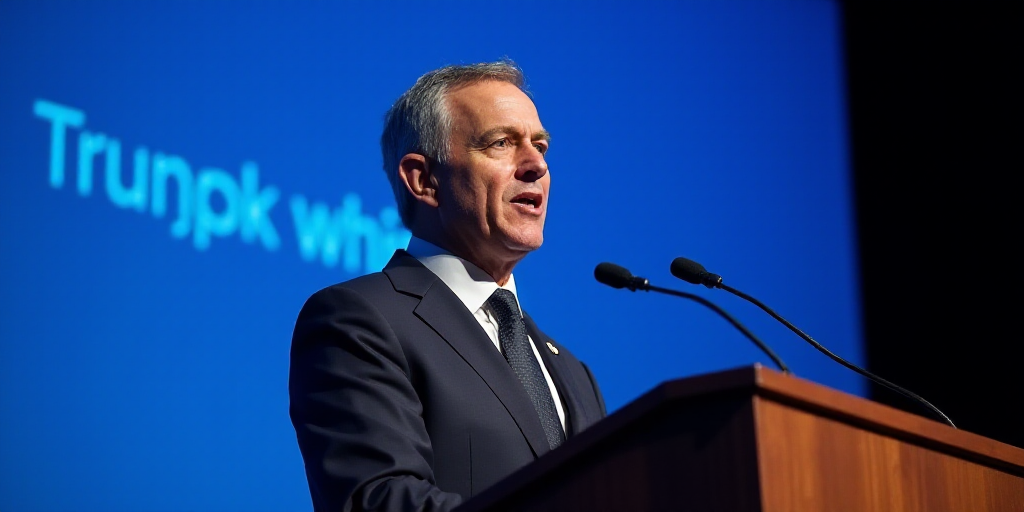Background on Key Figures and Context
The Argentine financial market is currently fixated on an ongoing investigation into a purported bribery scheme that threatens high-ranking officials from the ruling party. This development comes just days after the government faced a legislative setback, with several presidential decrees being rejected.
Javier Milei, the newly elected libertarian president, has asserted since taking office that he will tackle and prosecute corruption. He aims to judicialize laws that could lead to increased budget allocations, which might affect his goal of achieving a zero-deficit fiscal policy.
Ignacio Labaqui, a political analyst from X, commented on the non-linear impact of corruption scandals on public opinion. He explained that sometimes there is zero tolerance, while other times people turn a blind eye.
Market Performance and Upcoming Developments
In a challenging global investment climate, the S&P Merval index in Buenos Aires dropped by 1.35% mid-day, and sovereign bonds showed average declines of 0.3% in the pre-opening of the local over-the-counter market.
Investors are eagerly anticipating the Treasury’s announcement of bond licitation conditions for this week, as the government faces upcoming maturities totaling 3.7 billion pesos.
Max Capital’s report highlighted that attention will not only be on the rising interest rates set by the Treasury in recent licitations but also on the ‘rollover’ level.
The high interest rates observed in previous sessions have created uncertainty regarding investment decisions.
The money market experienced a disruption mid-July when policy monetary rate considerations were abandoned following the cancellation of “Lefis” letters. Consequently, the market now operates based on an endogenous rate determined by the supply and demand for pesos.
The brokers’ collateral rate traded at 54% annualized for one-day placements following last week’s sharp intra-hour fluctuations ranging from 1% to 150% annualized.
Expert Opinions and Future Outlook
Juan Manuel Franco from Grupo SBS emphasized that market focus will be on liquidity and interest rates. He believes that, at least until the legislative elections, the monetary scheme will be marked by discretionary measures from the economic team to prevent nominal shocks.
The interbank peso depreciated by 1.31% to 1,338.5 units per dollar, maintaining average levels of its intervention band set in April last year.
Salvador di Stefano, an analyst, stated that there are no imminent catastrophic scenarios. He anticipates a potential dollar decline and, if global interest rates fall, Argentina could see a reduction in the country risk premium and access to voluntary debt markets.
Key Questions and Answers
- What is the main focus of the Argentine financial market currently? The market is closely watching an investigation into a bribery scheme that threatens high-ranking officials from the ruling party.
- Who is Javier Milei and why is he relevant? Javier Milei is the newly elected libertarian president of Argentina, who has pledged to tackle corruption and achieve a zero-deficit fiscal policy.
- How have recent interest rates affected the market? Rising interest rates have created uncertainty in investment decisions, contributing to a challenging global investment climate.
- What upcoming developments should investors be aware of? Investors are awaiting the Treasury’s announcement of bond licitation conditions, as the government faces significant upcoming maturities.
- What is the outlook for the Argentine peso and country risk? Analysts anticipate potential dollar declines and a reduction in country risk if global interest rates fall, which could enable Argentina to access voluntary debt markets.






